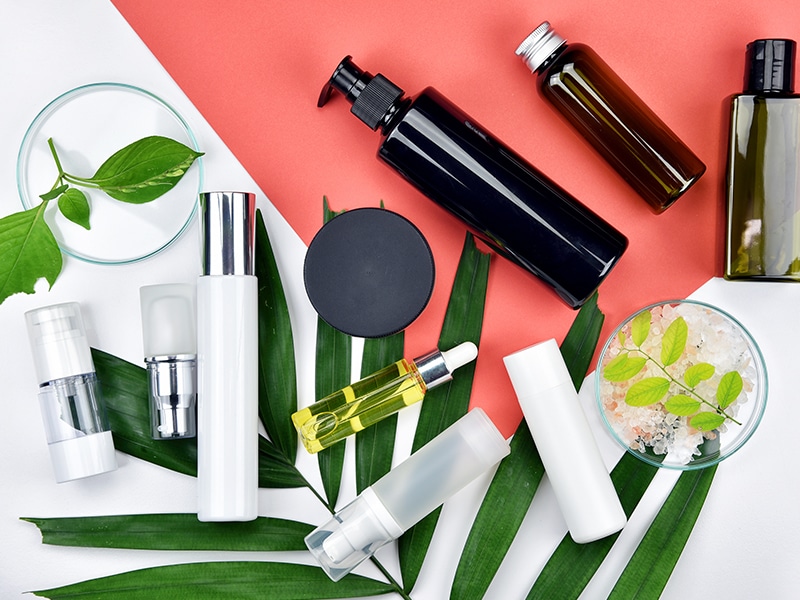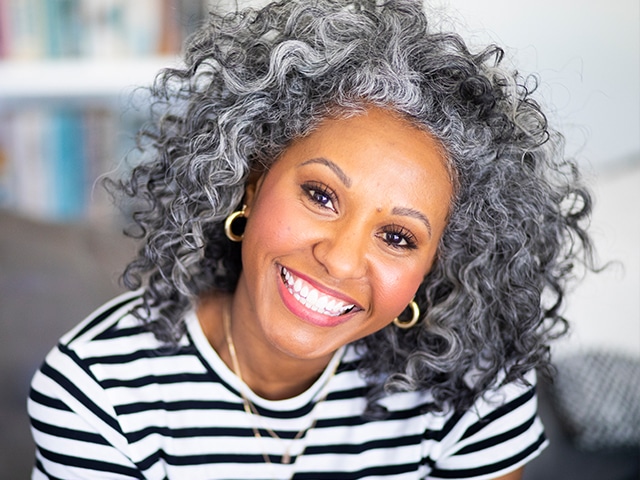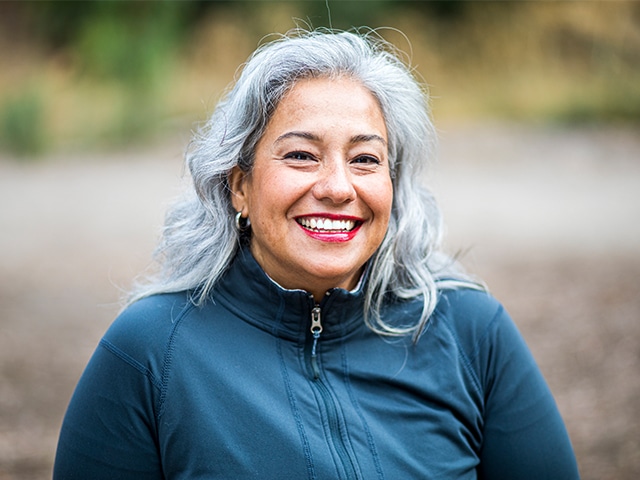Skin care is personal: What works for a friend may not work for you, and what works at one age may not later on.
At age 15, I was all about blemish control. By age 25, I had adopted eye cream, and now at 29, I’m starting to develop a solid skin care routine that includes sunscreen and anti-wrinkle serum.
Face it, as we get older our skin is going to change. It’s best to embrace it with as much grace as possible and find what makes your skin happy.
But good skin goes beyond what you see in the mirror. It can be an indicator for your overall health.
I spoke with Daniel Witheiler, MD, dermatologist on the medical staff at Methodist Dallas Medical Center about developing an easy guide to healthy skin at any age.
The Essentials
No matter your skin type or age, your cabinet should include a gentle cleanser, moisturizer, eye cream, and sunscreen.
“The single most important thing that you can do for your skin is to prevent sun exposure,” Dr. Witheiler says. “The damage you do to your skin in one day or in one weekend is usually impossible to see. But after a few decades, it’s hard to miss!”
Dr. Witheiler recommends products with an SPF of at least 30 and broad spectrum protection. This blocks 97% of UVB rays, which cause sunburns.
The less-is-more approach is key for overall skin health. Here are some steps to keep in mind:
Step 1: Wash your face by using a gentle cleanser that won’t leave your skin feeling tight. If it does, it means your cleanser is taking out too much moisture and natural oils. Pro tip: Use your fingertips instead of cloths or other abrasive materials; it’s less irritating.
Step 2: Follow up with a light moisturizer. Moisturizers trap water in the skin. Find one that suits your skin type. If oily, opt for creams that are non-comedogenic (these don’t clog pores). If you have dry skin, look for products with hyaluronic acid or ceramides; these ingredients can retain even more moisture.
Step 3: Apply sunscreen if your moisturizer doesn’t already contain it. Pro tip: Apply only after the previous cream has been fully absorbed into the skin to avoid diluting either product.
Step 4: In the evening, after cleansing, spot treat as needed and then apply a night cream or light moisturizer. There’s a reason it’s called beauty sleep. This is when your skin will be able to replenish itself through cell regeneration.
Step 5: Don’t forget eye cream. It helps diminish the look of fine lines and crow’s feet. Make sure to gently pat into the skin using your ring finger since it provides the lightest touch. Avoid tugging and pulling under your eyes, which can cause premature aging.
Your go-to products at every decade
20s
Teens aren’t the only ones who have to deal with problem skin. Adult acne is real! If you suffer from redness and need blemish control, Dr. Witheiler says the best defense is to use a product containing benzoyl peroxide. It can destroy bacteria, help with inflammation and unclog pores.
Keep in mind this anti-bacterial is quite strong, so if you have sensitive skin, he suggests benzoyl peroxide soap instead. Just lather and leave on for five minutes then rinse. If your skin can tolerate a leave-on product, use a 5% benzoyl peroxide lotion daily, or add a 0.1% adapalene gel (a Vitamin A derivative available over the counter) to problem areas to promote quick healing.
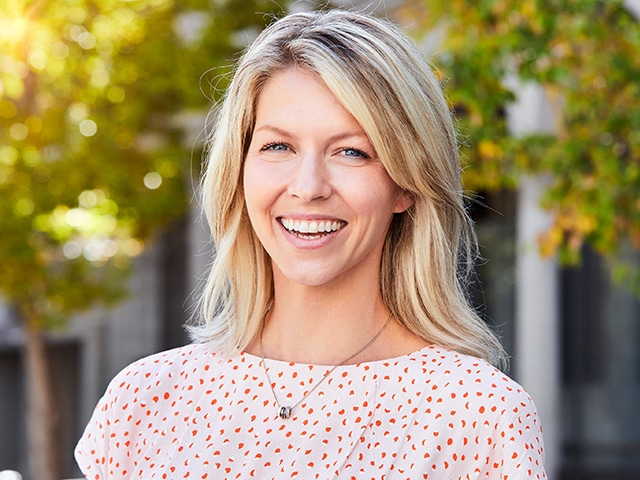
30s
The good news is that your skin care routine can generally stay the same at this point, but you may have to swap out a product here and there. Dr. Witheiler recommends the use of an alpha hydroxy acid (AHA) product, which can help exfoliate. One type of AHA is glycolic acid; it can penetrate deep into the skin to improve firmness and keep it hydrated.
“This is a good way to reduce dry skin, small crinkles and early age spots,” he says.
And if you really want to amp things up, try light chemical peels. If done correctly, these help stimulate cell turnover, which is important for hyper-pigmentation caused by acne or sun exposure.
40s
By your 40s, there may be more early signs of brown discoloration, light patches, and early wrinkles.
Instead of reaching for a product containing glycolic acid, grab one that has a retinoid like retinol or adapalene (yep, the same active ingredient for acne), it acts as an anti-aging formula by increasing the production of collagen and new blood vessels, which can improve skin tone. If your skin can tolerate it, use daily, otherwise apply it once or twice a week.
50s+
Prescription strength retinoids may be your best option in middle age. That’s because retinoids prescribed in-office are much more potent than ones you find over the counter, leading to more glowing, even-toned skin and better texture.
“Aging of skin is complex,” Dr. Witheiler says. “Most changes are due to intrinsic changes of the cells and sun-induced damage to the DNA of keratinocytes.”
Be aware, retinoids can cause dryness and flaking so always follow up with a good moisturizer. Look for creams and lotions with ceramides, lactic acid, or urea in them, these serve to restore natural lipids to the skin to hydrate and shed dead skin cells.
Also, since the rate of skin cancer goes up starting in your 50s and 60s, it’s important to examine your skin monthly for new or changing lesions, Dr. Witheiler says.
Small changes can lead to big differences
By introducing small changes into your routine, you’re learning what products and techniques are right for your skin type. It can take anywhere from a few days to a few months before you start to notice a difference, do your best to be patient as your skin adjusts.
About the author
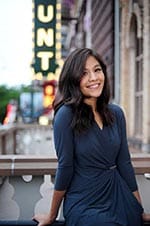 Nicole Rosales joined Methodist Health System in 2018 as a public relations and marketing specialist. She is a former TV reporter, anchor, and producer who previously worked for ABC and NBC affiliate stations in Georgia and in Austin. She grew up in Dallas and graduated from the University of North Texas with a Bachelor of Arts in radio, television, and film. Nicole is a self-proclaimed travel bug with a love for all things fitness (but she still has a major sweet tooth). In her free time, she is learning French and American Sign Language.
Nicole Rosales joined Methodist Health System in 2018 as a public relations and marketing specialist. She is a former TV reporter, anchor, and producer who previously worked for ABC and NBC affiliate stations in Georgia and in Austin. She grew up in Dallas and graduated from the University of North Texas with a Bachelor of Arts in radio, television, and film. Nicole is a self-proclaimed travel bug with a love for all things fitness (but she still has a major sweet tooth). In her free time, she is learning French and American Sign Language.

